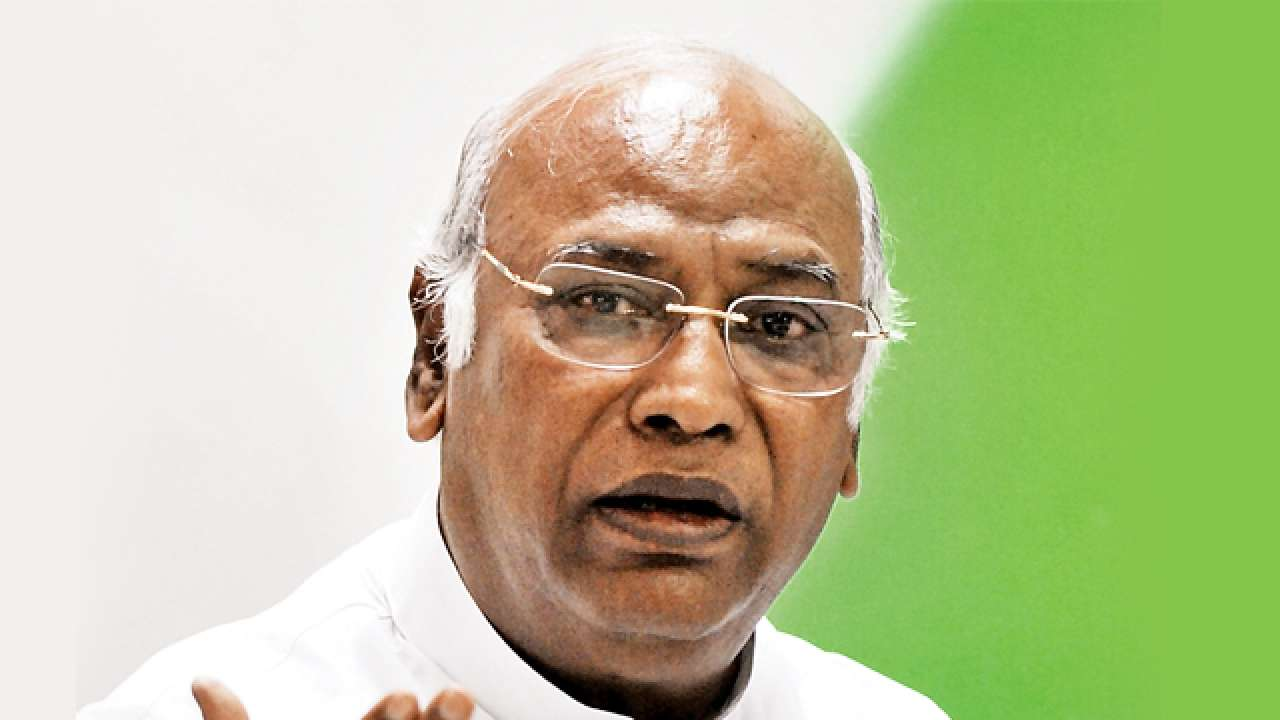On Wednesday, September 16, 2020, the Congress MP Mallikarjun Kharge in a Rajya Sabha meeting described the new National Education Policy 2020 as a ‘backward-looking document’.
This issue was raised in the zero-hour mention in the Rajya Sabha. Kharge said that the NEP document looks 2,000 years back instead of planning and preparing our children for the future. He added that the Higher education cannot be based on ancient cultural values. State-run as well as state-aided institutions were always meant to be kept separate from religious institutions.
In his statement, he also raised the concerns for drop-out students in which the majority belonged to the backward classes of the society. He also added that the NEP does not address some key issues such as the dropout rate in schools with nearly 50 percent of students dropping out after Class X. Kharge pointed out that out of the dropouts, 33 percent are Dalits, 35 percent minorities, and 16 percent tribals. He stated that the government has not developed any plan to address this issue.
Another important question raised by Kharge was the division in urban and rural education policy. He said that by 2035, India will lose the advantage of its young population. It is time to look at the future within a short time period of 15 years. He stressed that priority should be on Maths, Science and English if the country has to provide opportunity of development to children of rural and backward areas.
He also spoke about the teachers who are already overloaded with other responsibilities. He stated that the teachers are already burdened with several duties like elections, census, vaccination drives, among others. All these make it difficult for them to concentrate on teaching and it hence becomes impossible for them to improve the quality of education.
Vandana Chavan, MP of the Congress also raised the issue about upgrading the infrastructure for a better digital education system in India, focusing mainly on the rural areas where students have limited access to the internet and other essential gadgets.
She said that in the month of July, during the lockdown, the death of Adarsh Harale from the district tehsil of Sangli had made headlines in the state of Maharashtra. Adarsh was a 10th standard student who committed suicide when his father, a marginal farmer with meagre means, was not able to buy him a mobile phone for his online classes. Vandana emphatically added that Adarsh is a telling example of many such cases of deprivation and frustration of a large section of the student population all across our country.





